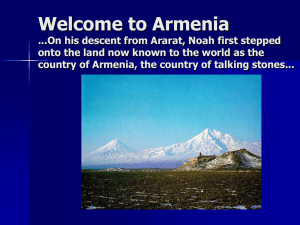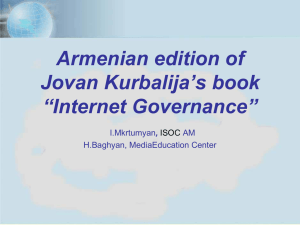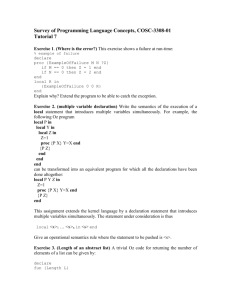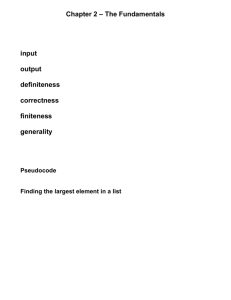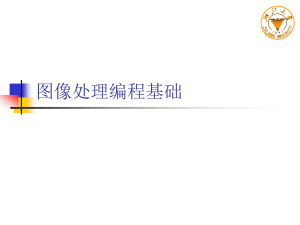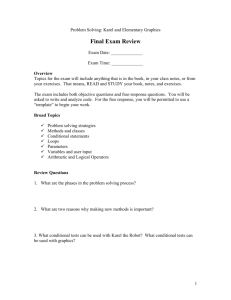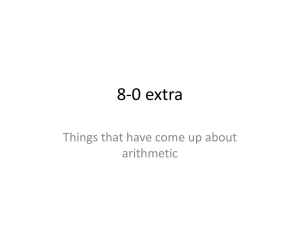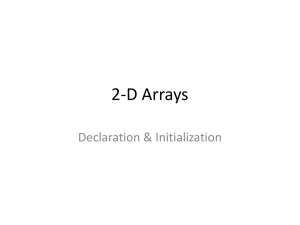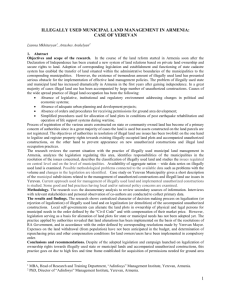Armenia Municipal Development Project and Municipal Water and
advertisement
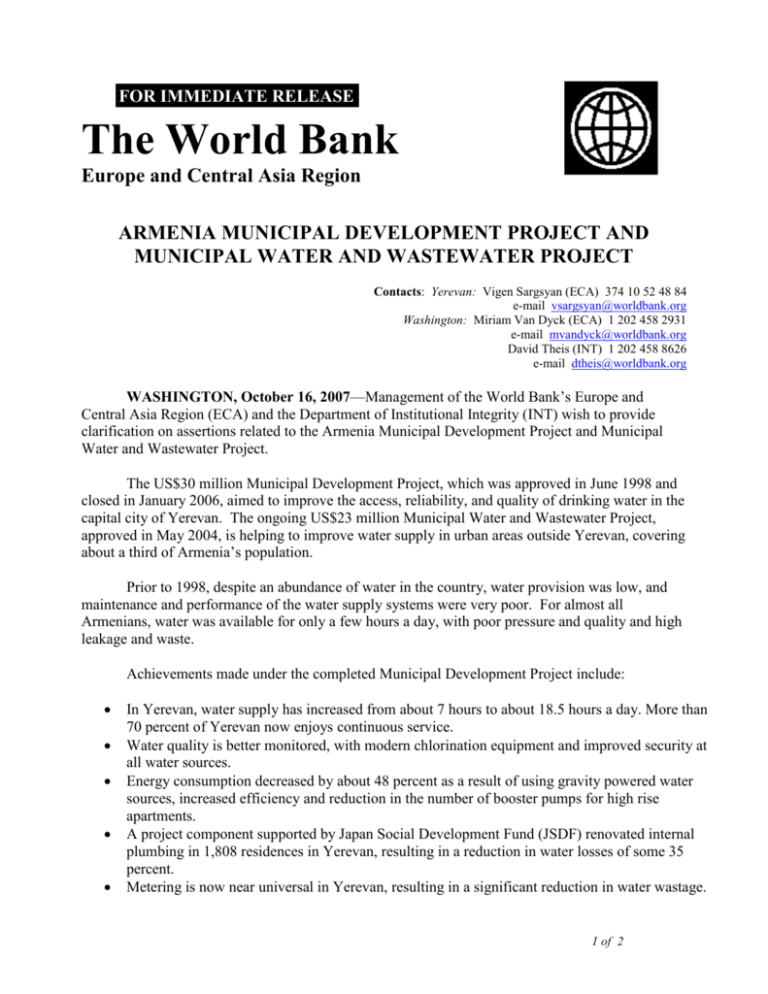
FOR IMMEDIATE RELEASE The World Bank Europe and Central Asia Region ARMENIA MUNICIPAL DEVELOPMENT PROJECT AND MUNICIPAL WATER AND WASTEWATER PROJECT Contacts: Yerevan: Vigen Sargsyan (ECA) 374 10 52 48 84 e-mail vsargsyan@worldbank.org Washington: Miriam Van Dyck (ECA) 1 202 458 2931 e-mail mvandyck@worldbank.org David Theis (INT) 1 202 458 8626 e-mail dtheis@worldbank.org WASHINGTON, October 16, 2007—Management of the World Bank’s Europe and Central Asia Region (ECA) and the Department of Institutional Integrity (INT) wish to provide clarification on assertions related to the Armenia Municipal Development Project and Municipal Water and Wastewater Project. The US$30 million Municipal Development Project, which was approved in June 1998 and closed in January 2006, aimed to improve the access, reliability, and quality of drinking water in the capital city of Yerevan. The ongoing US$23 million Municipal Water and Wastewater Project, approved in May 2004, is helping to improve water supply in urban areas outside Yerevan, covering about a third of Armenia’s population. Prior to 1998, despite an abundance of water in the country, water provision was low, and maintenance and performance of the water supply systems were very poor. For almost all Armenians, water was available for only a few hours a day, with poor pressure and quality and high leakage and waste. Achievements made under the completed Municipal Development Project include: In Yerevan, water supply has increased from about 7 hours to about 18.5 hours a day. More than 70 percent of Yerevan now enjoys continuous service. Water quality is better monitored, with modern chlorination equipment and improved security at all water sources. Energy consumption decreased by about 48 percent as a result of using gravity powered water sources, increased efficiency and reduction in the number of booster pumps for high rise apartments. A project component supported by Japan Social Development Fund (JSDF) renovated internal plumbing in 1,808 residences in Yerevan, resulting in a reduction in water losses of some 35 percent. Metering is now near universal in Yerevan, resulting in a significant reduction in water wastage. 1 of 2 Between 2004 - Spring 2007, the World Bank’s Country Office in Armenia and the Department of Institutional Integrity (INT) in Washington D.C. were contacted several times by a British national who resides in Armenia, Mr. Bruce Tasker, with claims of corruption in the Municipal Development Project and Municipal Water and Wastewater Project. The World Bank takes such claims seriously, and the Country Office and INT responded to Mr. Tasker on each occasion. The Bank’s Country Office and technical staff reviewed Mr. Tasker’s allegations regarding improprieties in the projects as soon as he first raised them and held meetings with Mr. Tasker to further clarify his views on the situation. While the staff did not find that the evidence presented supported his conclusions, in accordance with internal Bank processes they notified the Bank's internal review arm (INT) and also recommended that Mr. Tasker be directly in touch with INT. INT’s preliminary reviews of the allegations based on the documentation provided by Mr. Tasker, along with additional documentation obtained by INT, have, to date, found no evidentiary basis to substantiate his assertions nor any issues related to fraud and corruption in a Bank-financed project. However, INT has identified some additional investigative steps it will take before final determinations are made, to ensure all due diligence has been conducted concerning the complaints. Mr. Tasker has further alleged that he has been blacklisted from participating in particular Bank-financed activities as a result of his claims. Mr. Tasker has never been debarred or blacklisted from participating in procurement under any Bank-financed project in Armenia or elsewhere. The World Bank's Department of Institutional Integrity (INT) is mandated by the World Bank Group to investigate allegations of fraud and corruption in Bank Group operations as well as allegations of staff misconduct. INT reports its findings to senior management, who in turn decide what measures should be taken. In addition, INT assists in preventative efforts to protect Bank Group funds, and those funds entrusted to it, from misuse and to deter fraud and corruption in its operations. The work of an investigative unit aids the World Bank in ensuring that funds are used for their intended purposes, thereby contributing to the organization's core mission of promoting development and reducing poverty. For more information about the World Bank’s work in Armenia, please visit http://www.worldbank.org.am -###- 2 of 2
